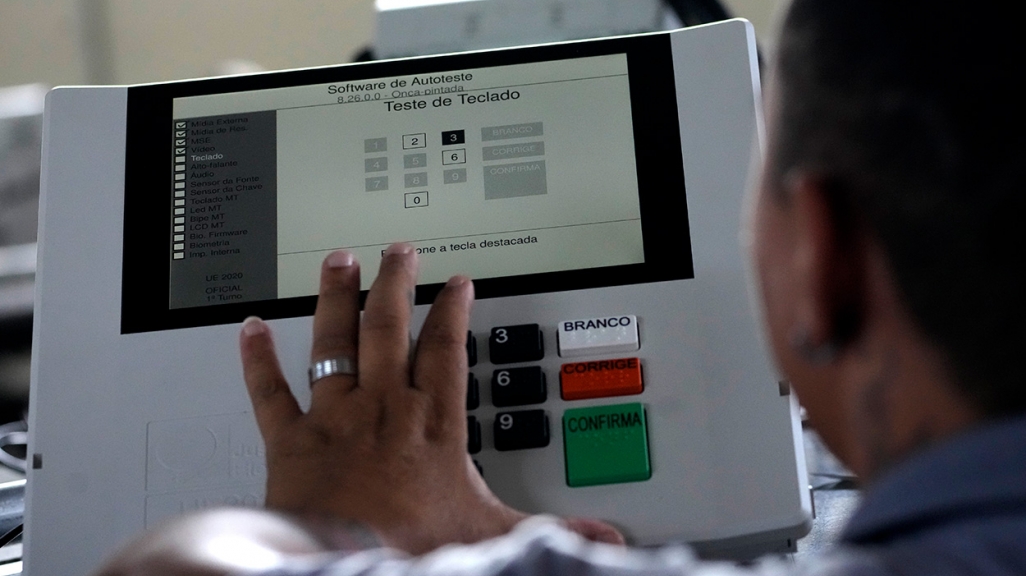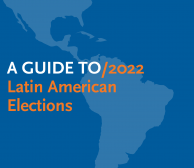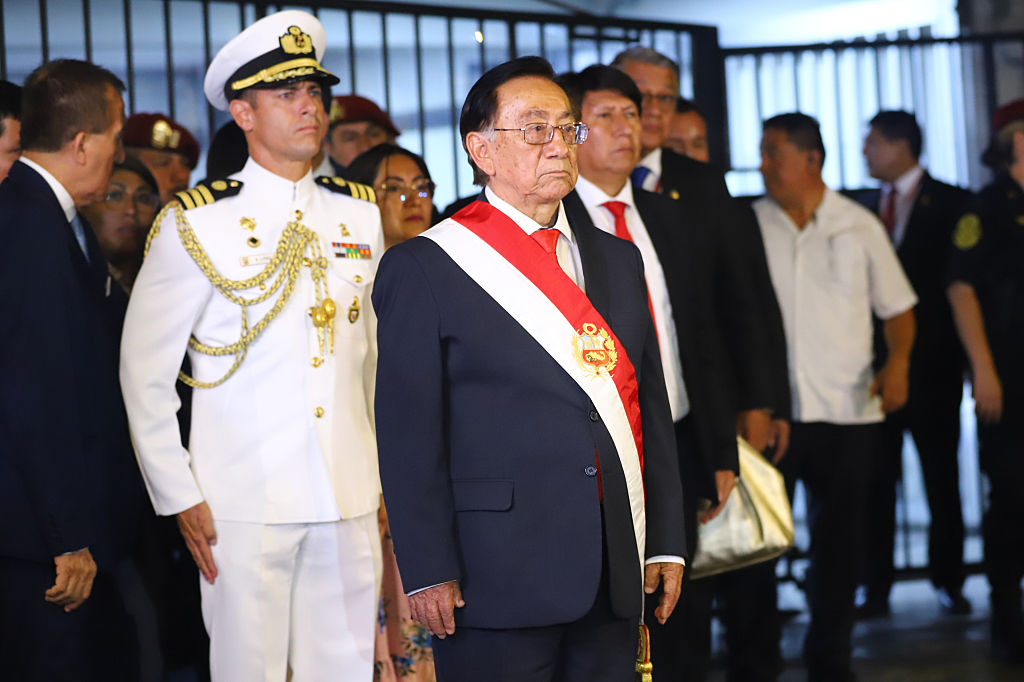AS/COA Insider: Brian Winter on Brazil’s First-Round Presidential Election
AS/COA Insider: Brian Winter on Brazil’s First-Round Presidential Election
“It's not clear to me what anyone could do or say at this point that would change most Brazilians' minds,” says the AS/COA vice president.
In just a few days, nearly 150 million Brazilians will go to the polls to cast their ballot in the country’s October 2 general elections. When they do, they will choose between two leaders who have already held the top job. Incumbent Jair Bolsonaro faces ex-President Luiz Inácio Lula da Silva in an extremely polarized race.
“The level of interest, passion, and acrimony is higher than any Brazilian election I've ever covered,” says Brian Winter, vice president of AS/COA and editor-in-chief of Americas Quarterly, who has reported on the country and its politics since 2006. He discusses his observations from a recent visit on the ground, what a potential runoff might look like, and Brazil’s political future.
- To speak with an expert on this topic, please contact mediarelations@as-coa.org.
- Check out the latest polls in advance of Sunday’s election
- Read Brian Winter’s coverage of the race in Americas Quarterly.
AS/COA Online: Brian, you were just in Brazil, where you attended political rallies for Bolsonaro and for Lula. What were your impressions and was there anything you saw that surprised you?
Brian Winter: There's a feeling shared by most Brazilians that this is their most important election since democracy returned in the 1980s. The level of interest, passion, and acrimony is higher than any Brazilian election I've ever covered. I started covering Brazilian elections as a reporter way back in 2006 during a bygone era in which there was still a lot of civility in Brazilian politics. No longer.
Today, it's almost like you have two different Brazils with two radically different narratives, and, of course, that reflects what's happening in many countries, including the United States, Argentina, Colombia, Mexico, and elsewhere. What makes the Brazilian election different in some respects is this concern about what will happen after the election and the possibility of a democratic rupture, which I think almost everyone in Brazil understands is a real risk.
AS/COA Online: On this topic, Bolsonaro has spent a lot of the campaign casting doubt over the validity of the electoral system. What are the long-term implications of these attacks? Even if nothing ends up happening with Bolsonaro's challenges to electoral legitimacy, what does it mean for Brazil's institutions that this narrative became so prevalent?
Winter: It's important to remember that Brazil has been in the doldrums, broadly speaking, for more than a decade now. It's a country where people are 10 percent poorer on average than they were in 2013, so the concern is that no matter who wins in October, that person will still face a huge challenge putting the country back together and getting it on the path that it seemed to be on not that long ago toward greater prosperity, social peace, and reduced inequality.
Lula is leading in these polls because, after a difficult decade, a lot of Brazilians—including people who were really angry at Lula three, four, or five years ago—are now throwing up their hands and saying, "He seems to be the only person who is capable of getting us back to that good place that we were at in the 2000s." The concern is that the world has changed, and the country is vastly more divided and polarized now than it was then.
I think whoever wins faces that challenge and it will be even more difficult if one of the candidates says: "This was a fraudulent election, and I didn't actually lose." We've seen the cost of that here in the United States, and there's every reason to believe that if that happens in Brazil, it would be even worse there.
Ahead of the October 2 first round, learn about the faceoff between Bolsonaro and Lula, as well as congressional contests.
AS/COA covers this year’s votes in the Americas, from presidential elections to referendums.











